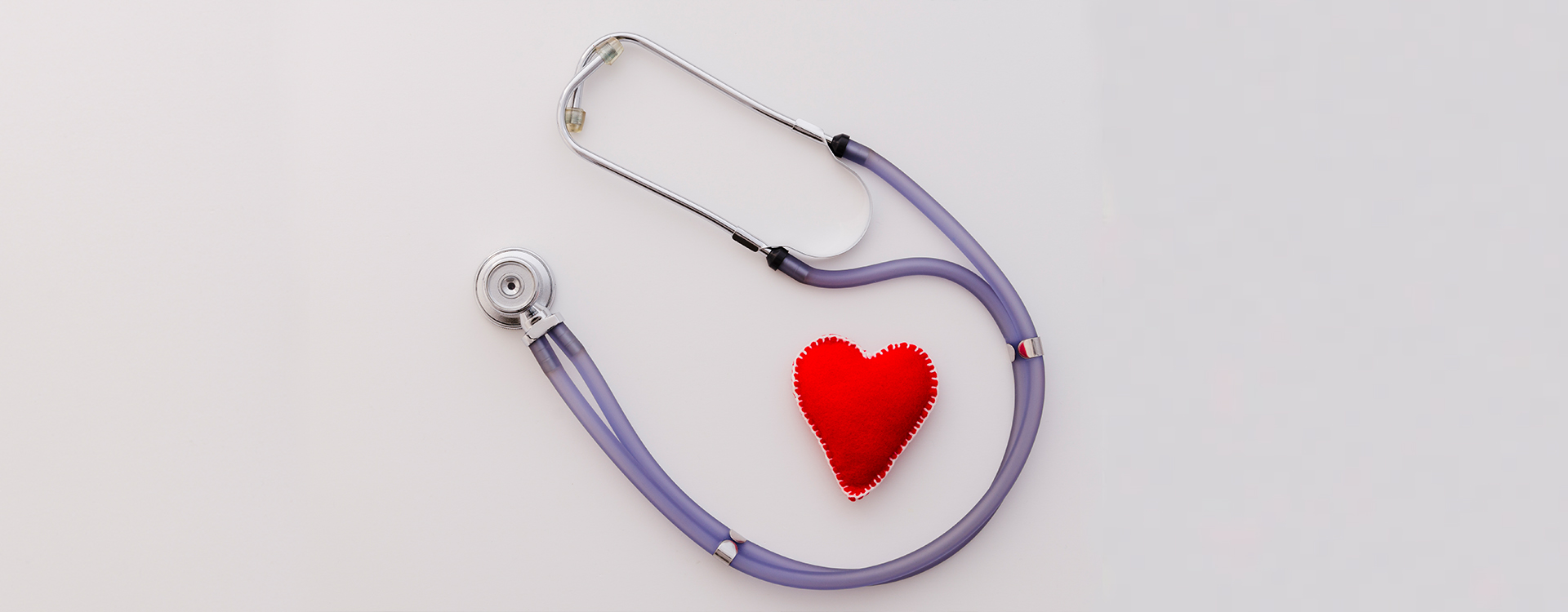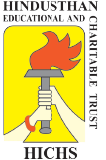
CARDIO-TECHNOLOGY/ABOUT COURSE
About Course
Cardiac Technology is a specialized allied health professional course designed to prepare students for an essential role in the healthcare system. This comprehensive program spans three years of theoretical and practical training, followed by a one-year internship to ensure hands-on experience in dealing with cardiac (heart) and peripheral vascular (blood vessel) conditions. The curriculum equips students with the skills required to assist in diagnosing and treating cardiovascular diseases, making them invaluable members of a cardiac care team.
A key feature of the Cardiac Technology course is the one-year mandatory internship, where students gain real-world experience by working alongside seasoned cardiologists, surgeons, and healthcare professionals in hospitals. During this period, they develop confidence and competence in handling cardiac emergencies, assisting in surgeries, and using diagnostic equipment effectively.
One of the standout features of the course is the focus on hands-on experience in cardiac surgeries and interventions. Students are trained to assist in life-saving procedures such as coronary angiography, angioplasty, pacemaker implantation, and coronary artery bypass grafting (CABG). In addition to cardiac conditions, the course also covers peripheral vascular diseases, such as deep vein thrombosis (DVT) and atherosclerosis, broadening the students’ expertise to include blood vessel-related disorders. This extensive training in both heart and vascular care enables graduates to support cardiologists and vascular surgeons in various clinical settings.
A crucial component of the course is the one-year mandatory internship, which offers students real-world exposure to clinical environments. During this period, students work alongside experienced cardiologists, surgeons, and healthcare professionals in hospitals, gaining valuable practical experience. This internship helps them develop confidence and proficiency in handling cardiac emergencies, assisting in surgeries, and operating advanced diagnostic equipment. By the end of the program, students are well-prepared to step into professional roles in hospitals and specialized cardiac care centers, contributing to the diagnosis, treatment, and management of cardiovascular and peripheral vascular diseases.
